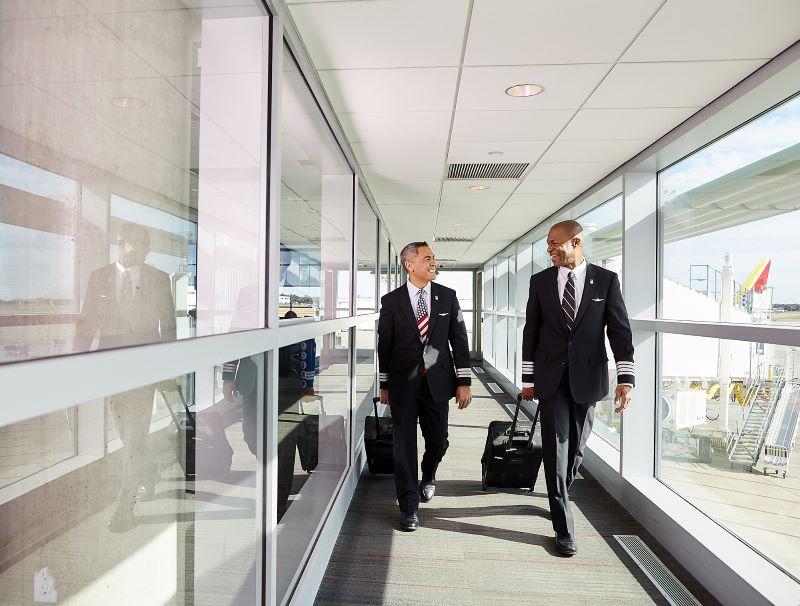
Credit: Southwest Airlines
Ongoing negotiations for pilots at Southwest Airlines center around improving efficiency, its union says. “I feel confident when I say that we’re the only labor union in the world that is not trying to work less and get paid more; we’re trying to provide efficiency so that we work smarter,”...
Subscription Required
This content requires a subscription to one of the Aviation Week Intelligence Network (AWIN) bundles.
Schedule a demo today to find out how you can access this content and similar content related to your area of the global aviation industry.
Already an AWIN subscriber? Login
Did you know? Aviation Week has won top honors multiple times in the Jesse H. Neal National Business Journalism Awards, the business-to-business media equivalent of the Pulitzer Prizes.





